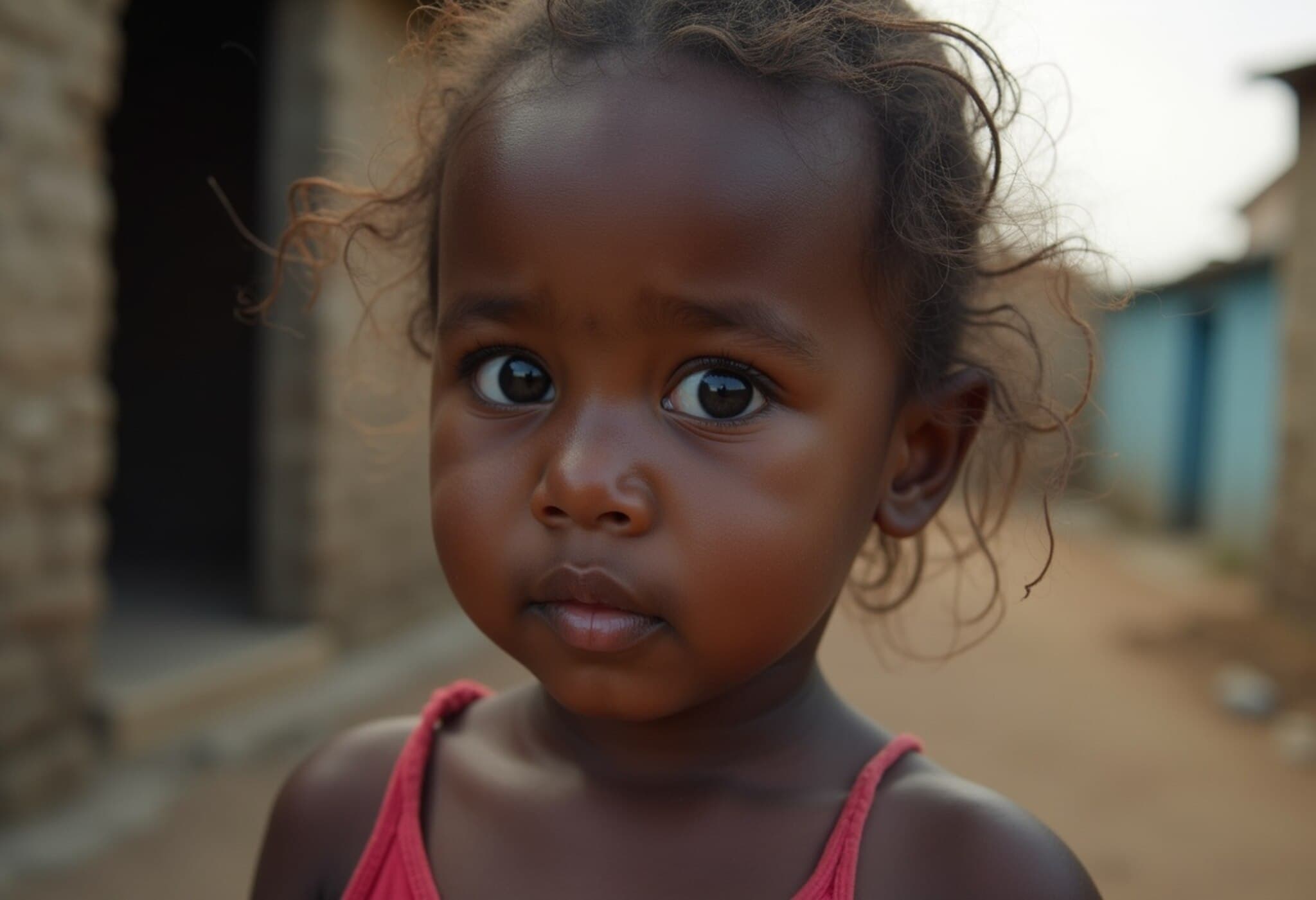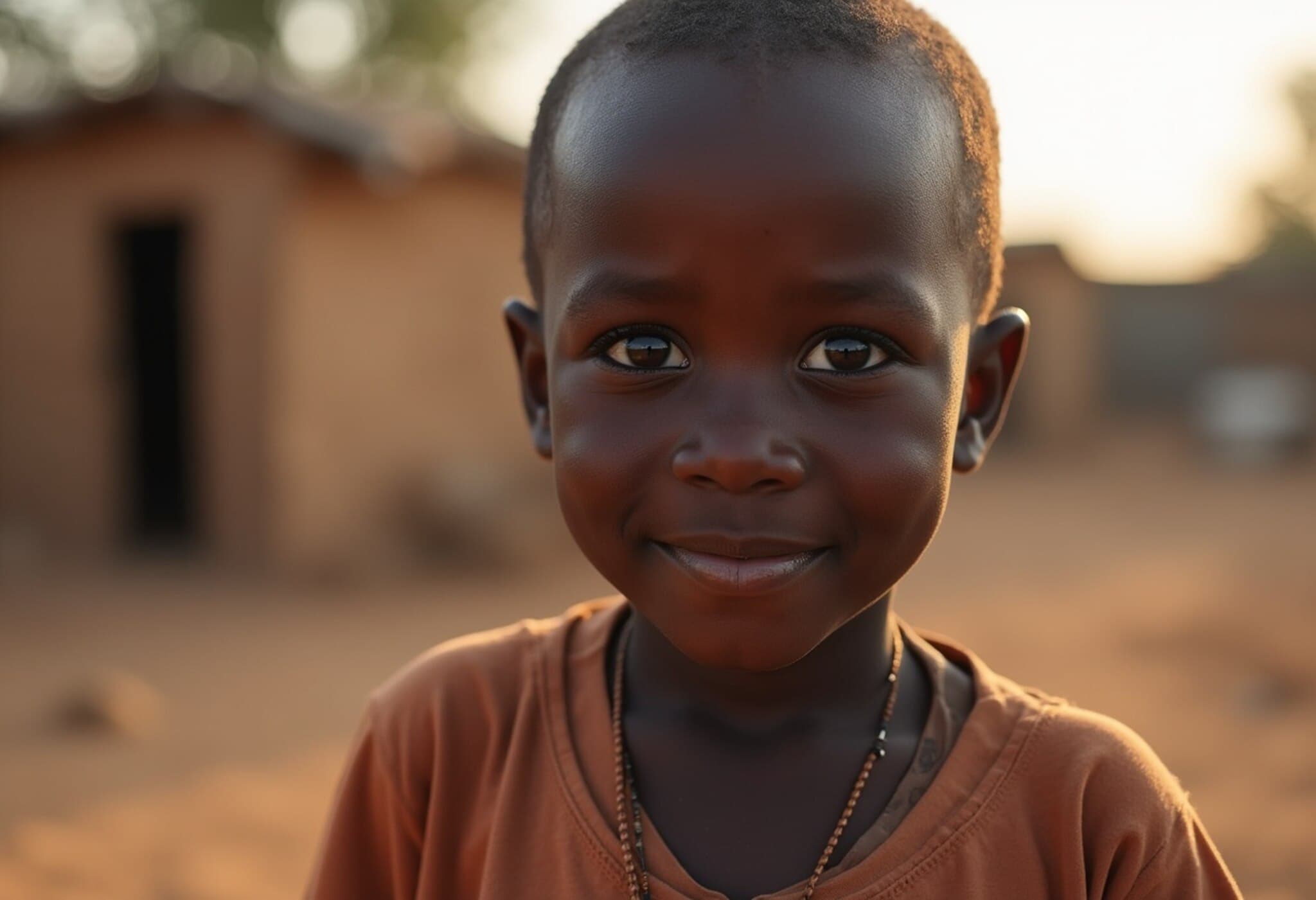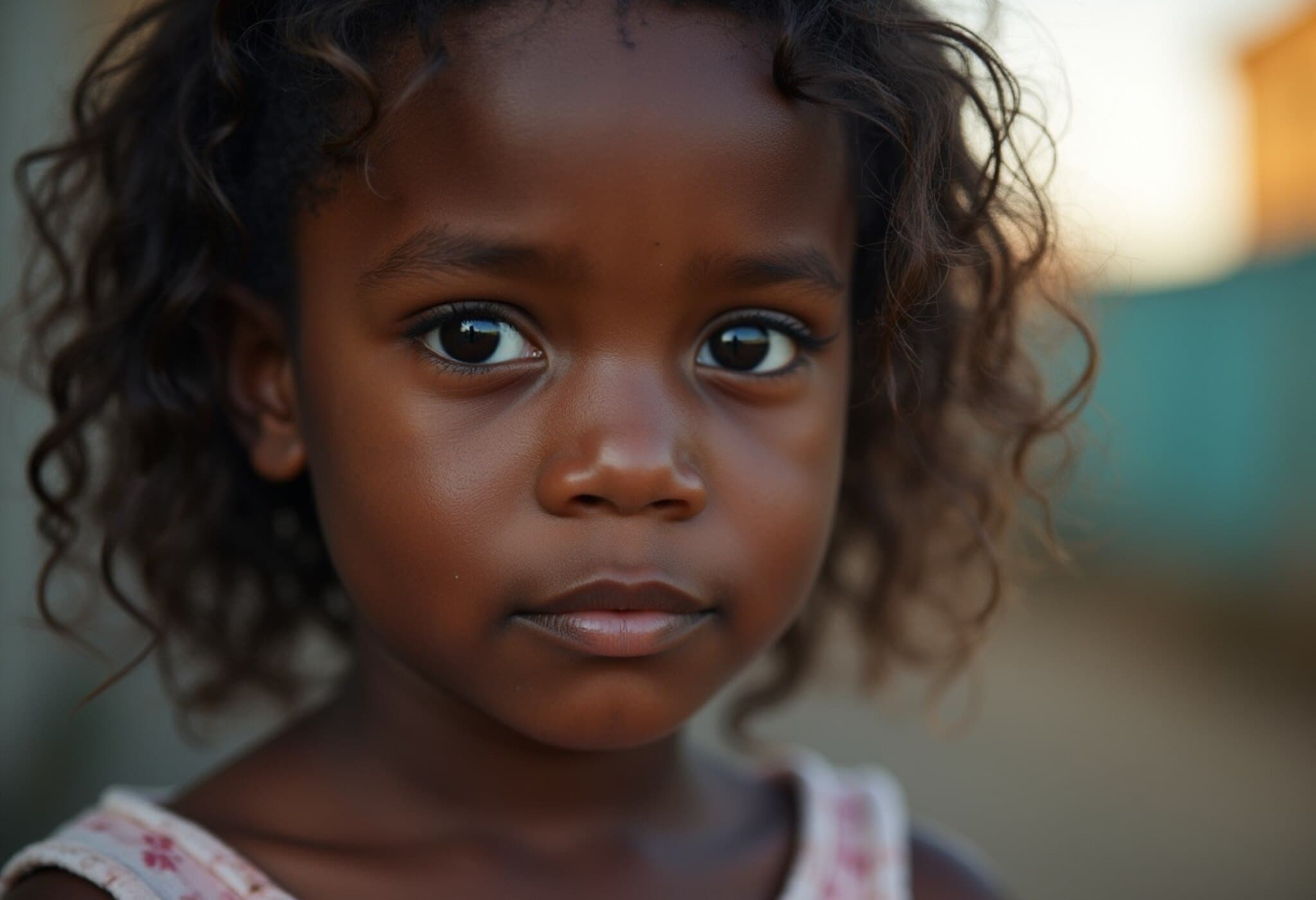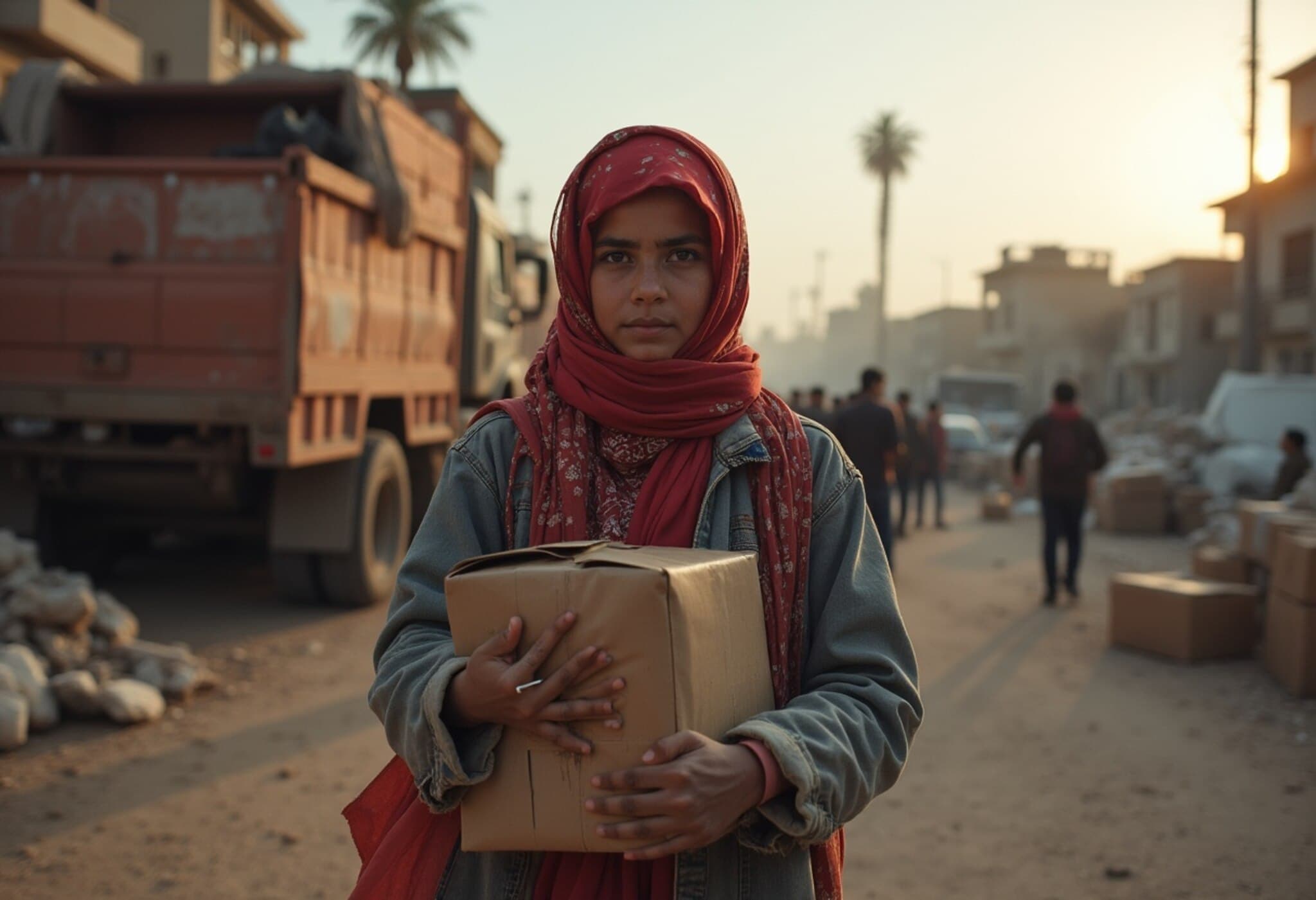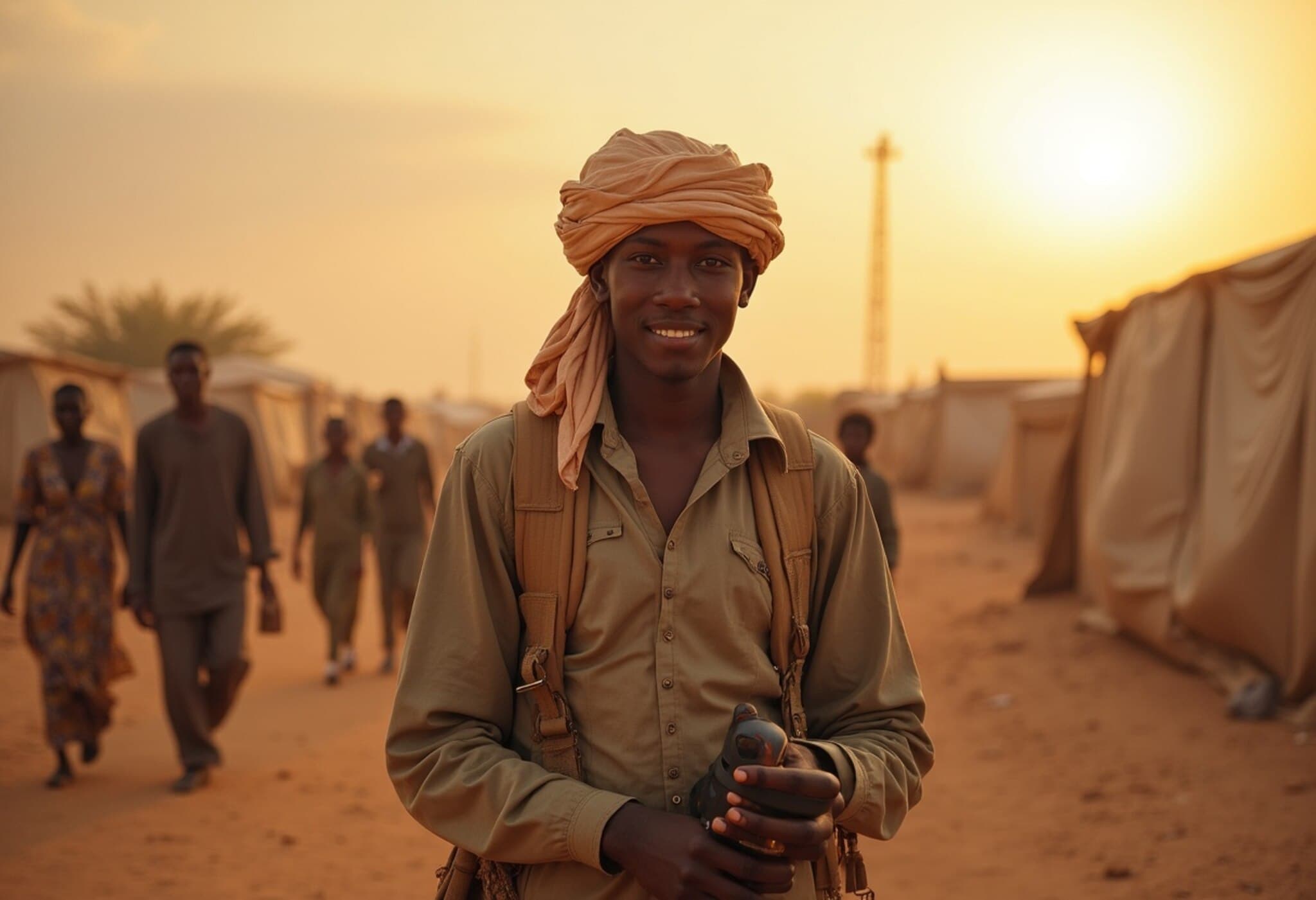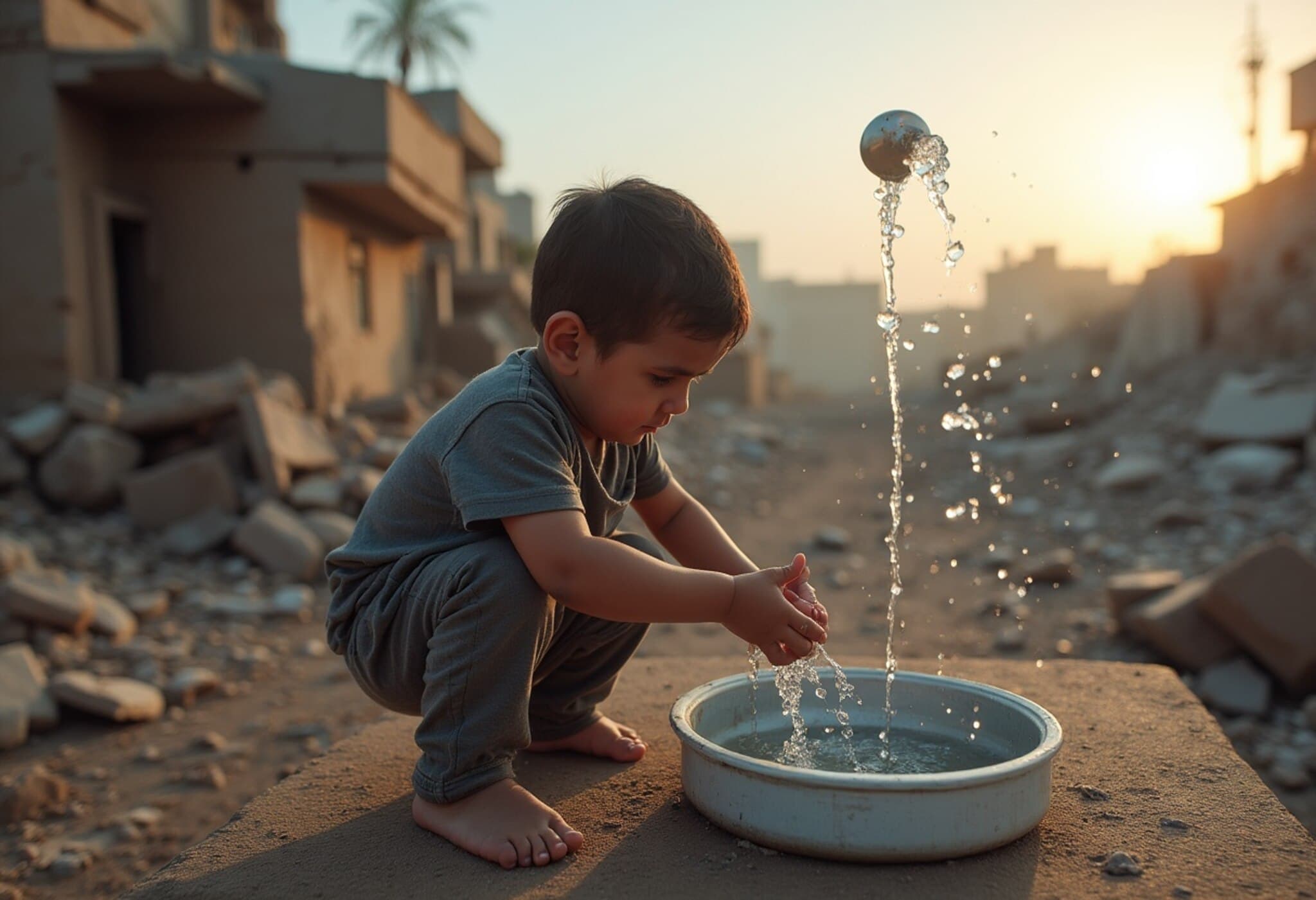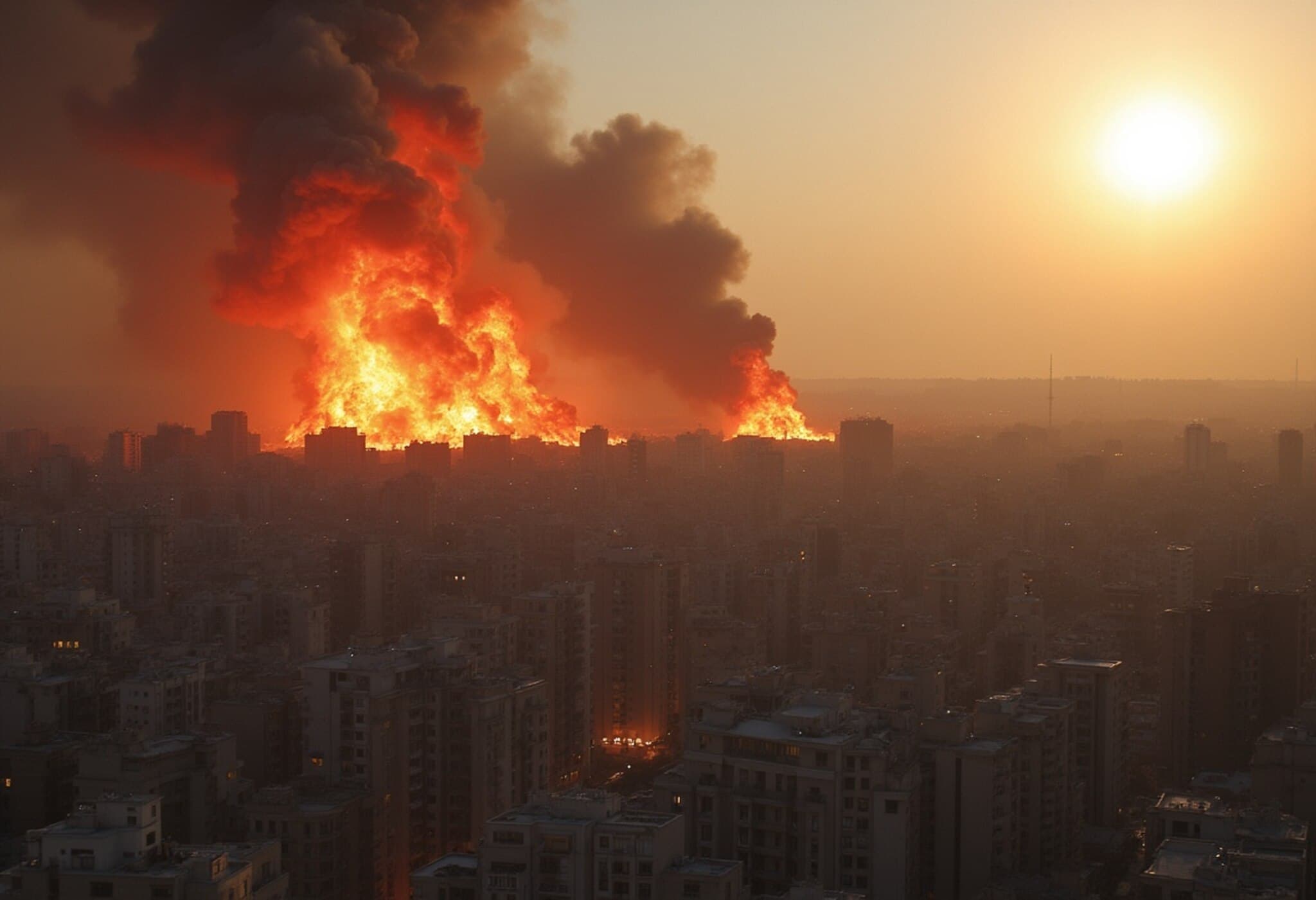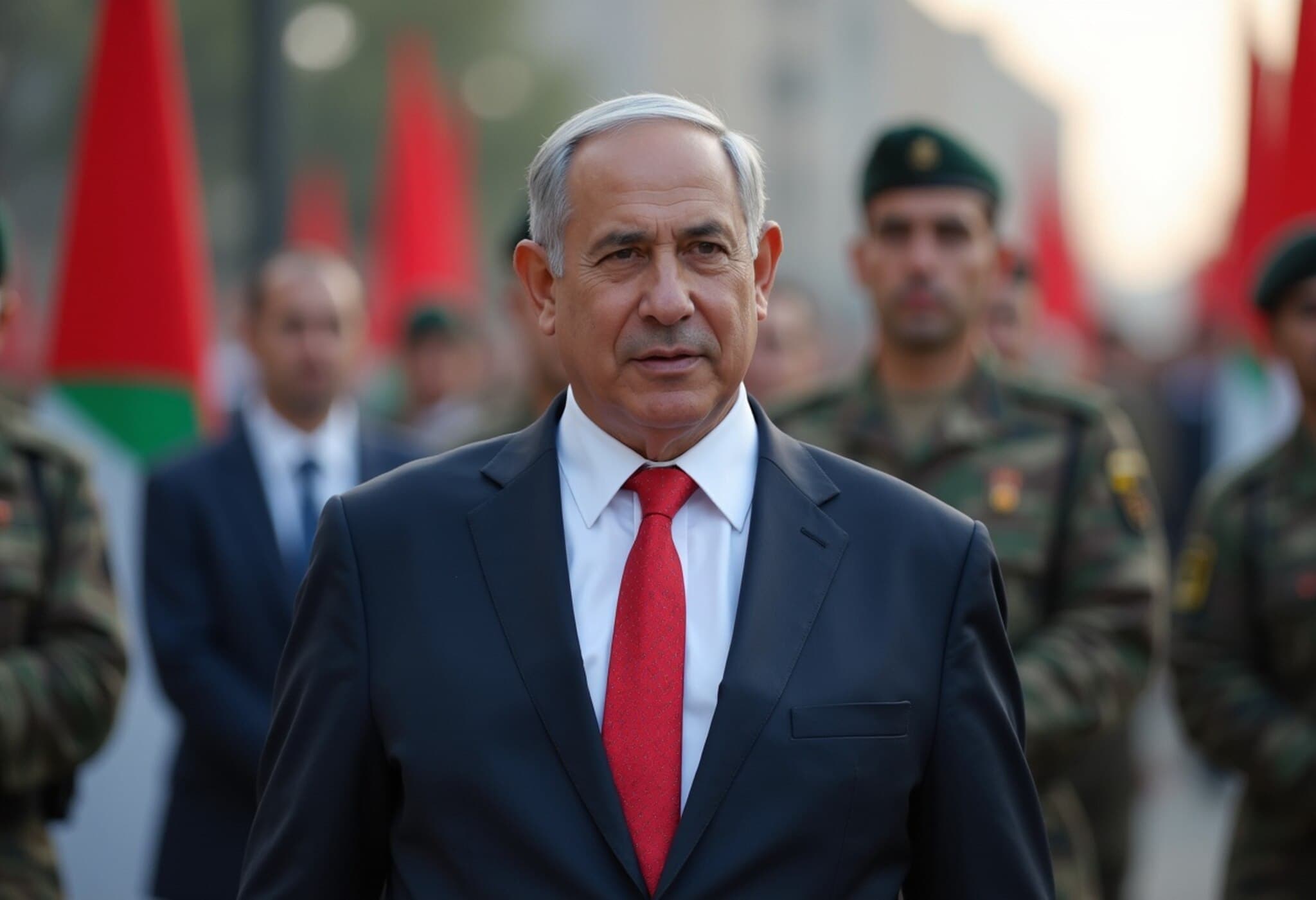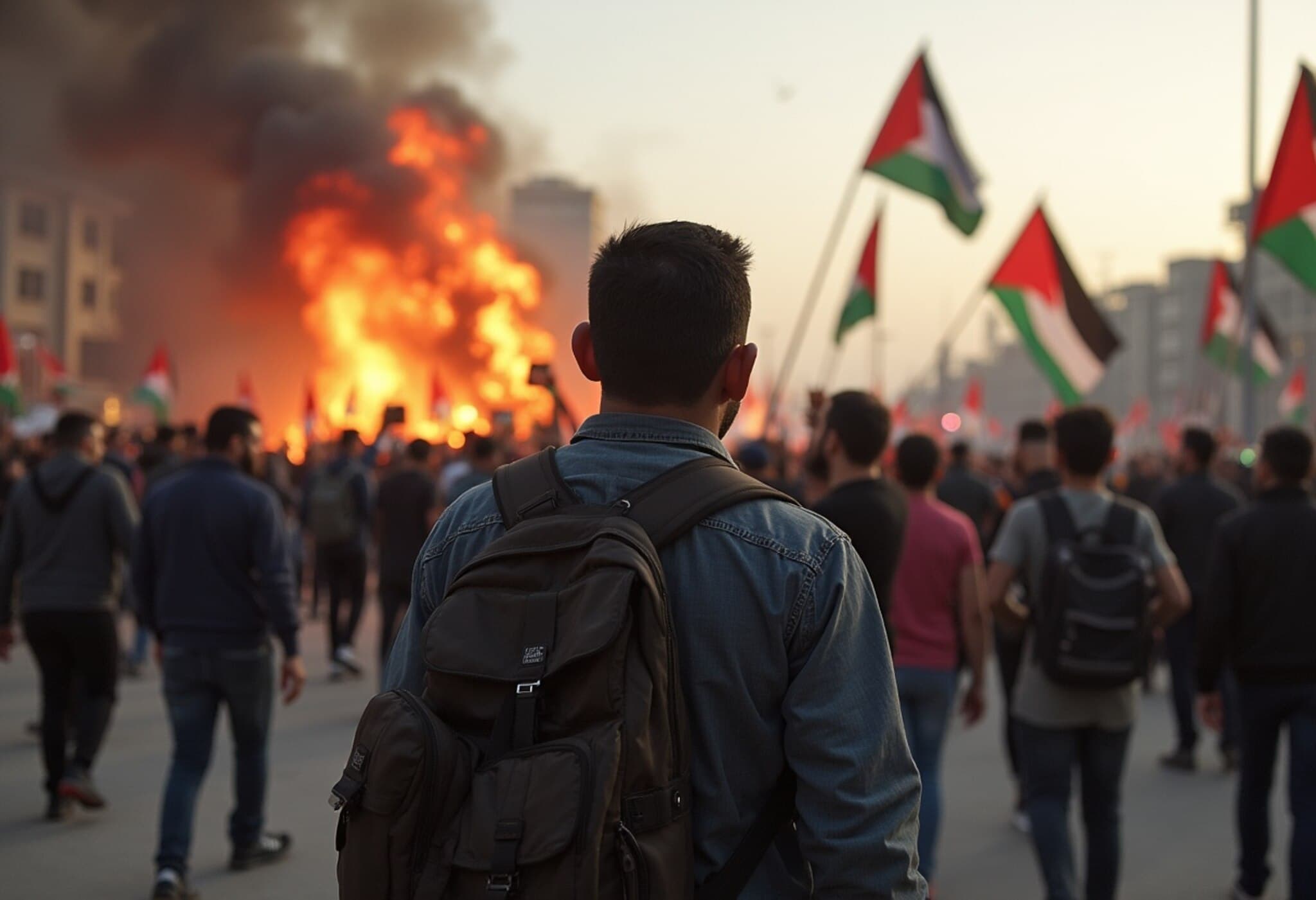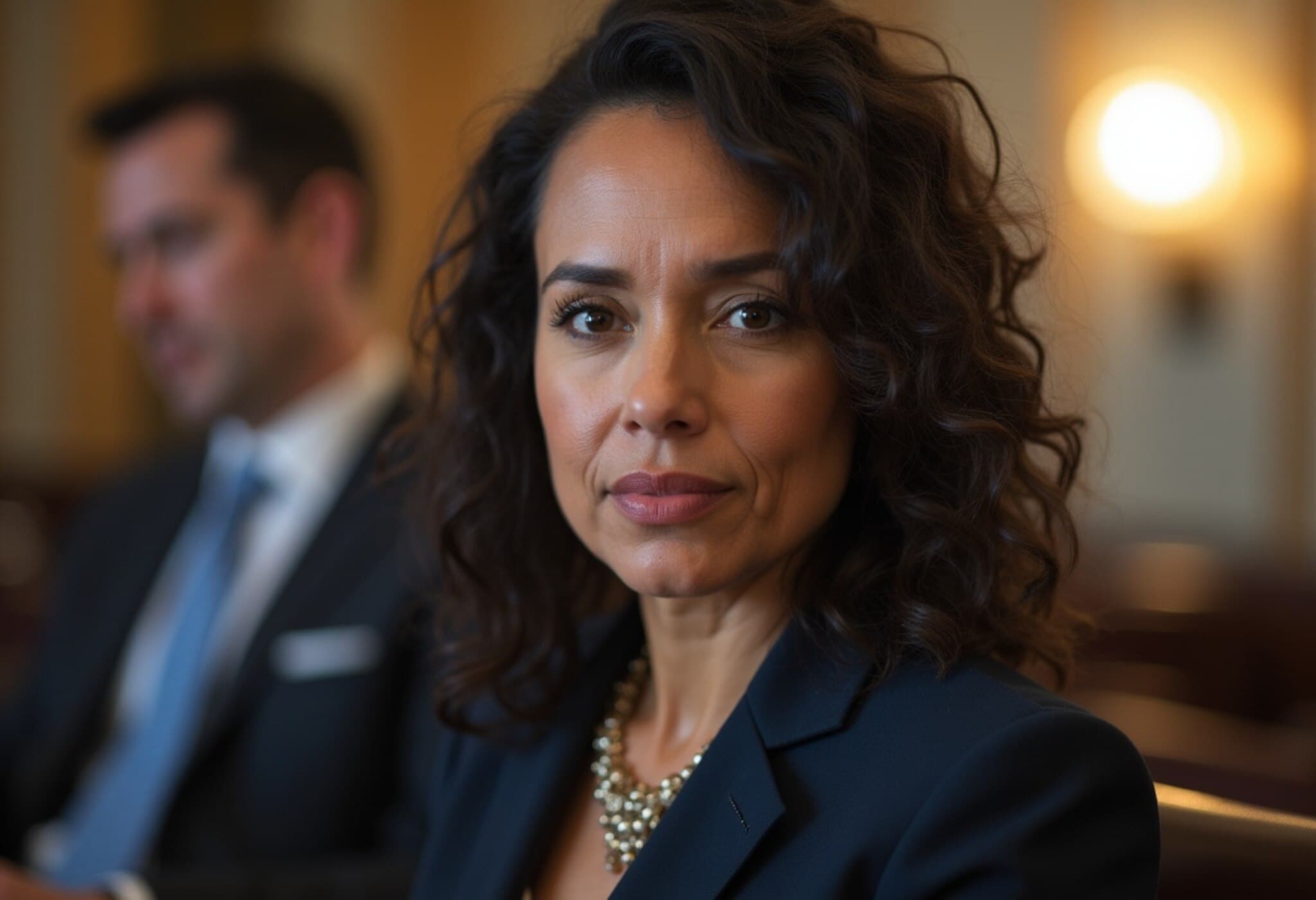UN-Backed Organization Poised to Declare Famine in Gaza
The humanitarian situation in the Gaza Strip has reached a profoundly alarming tipping point. The Integrated Food Security Phase Classification (IPC), a United Nations-backed authority recognized globally for monitoring food insecurity, is expected to officially declare a famine in Gaza. This would mark only the fifth famine declaration since the IPC’s inception, underscoring the severe and deteriorating conditions in the region.
A Grim Milestone in Gaza’s Prolonged Crisis
For months, Gaza has been embroiled in a dire food shortage crisis, largely attributed to Israeli restrictions on the flow of humanitarian aid into the enclave. The blockade, combined with ongoing conflict, has crippled food distribution systems, leading to widespread hunger and malnutrition. The IPC’s anticipated famine declaration specifically pertains to the Gaza governorate, encompassing Gaza City, adjacent towns, and multiple refugee camps.
To meet IPC’s stringent famine criteria, the situation must entail:
- At least 20% of households experiencing extreme food scarcity
- At least 30% of children suffering from malnutrition
- A mortality rate of at least 2 deaths per 10,000 people daily due to starvation
According to current reports, Gaza meets or exceeds these thresholds, pointing to a catastrophic public health emergency.
The Broader Context: Understanding IPC’s Famine Declarations
Historically, the IPC has issued famine declarations only under the gravest conditions, previously recording famines in Somalia (2011), South Sudan (2017 and 2020), and Sudan (2024). These situations were driven by a combination of civil wars, political instability, terrorism, and environmental disasters. Gaza’s declaration thus aligns it with some of the most severe humanitarian crises in recent history.
Projected Expansion and Human Toll
Disturbingly, the famine is expected to spread beyond the Gaza governorate to the neighboring governorates of Deir Al-Balah and Khan Younis by the end of September if current trends persist. IPC projections estimate that nearly 641,000 people - roughly one-third of Gaza’s population - will face catastrophic conditions soon, with an additional over one million residents confronting emergency-level food insecurity.
The relentless toll of conflict exacerbates the human suffering, with repeated attacks on crowded food distribution points taking a heartbreaking toll. Hundreds of Palestinians have lost their lives while waiting for humanitarian aid, deepening the crisis and complicating relief efforts. The United Nations continues to urge all parties to uphold humanitarian principles and protect civilians seeking aid.
Expert Perspectives and Policy Implications
From an international policy perspective, this famine declaration should prompt urgent global engagement. Experts warn that without immediate and unhindered humanitarian access alongside political dialogue, the crisis will deepen, threatening regional stability. For the United States and other influential stakeholders, the focus must be on leveraging diplomatic channels to alleviate the blockade’s worst effects while supporting long-term solutions to Gaza’s infrastructural and economic collapse.
Moreover, the declaration spotlights the need for robust humanitarian protections under international law. Civilians caught in protracted conflicts are entitled to unimpeded access to food and medical care. The tragedy unfolding in Gaza challenges the international community to reinforce these norms effectively.
Conclusion: A Call to Transparency and Action
The anticipated formal famine declaration is not just a statistic but a human cry for help echoing from Gaza’s beleaguered population. Beyond counting numbers, it demands the global community reflect on humanitarian priorities and political will. This crisis offers a stark reminder that food security remains a critical lifeline amid conflict, requiring empathy, urgency, and coordinated response.
Editor's Note
The impending famine declaration in Gaza raises profound questions: How can international actors balance geopolitical interests with urgent humanitarian needs? What mechanisms can enforce protections for civilians in conflict zones? Most importantly, can a lasting peace framework emerge to prevent future humanitarian catastrophes? As the situation evolves, sustained attention and informed advocacy are essential.


